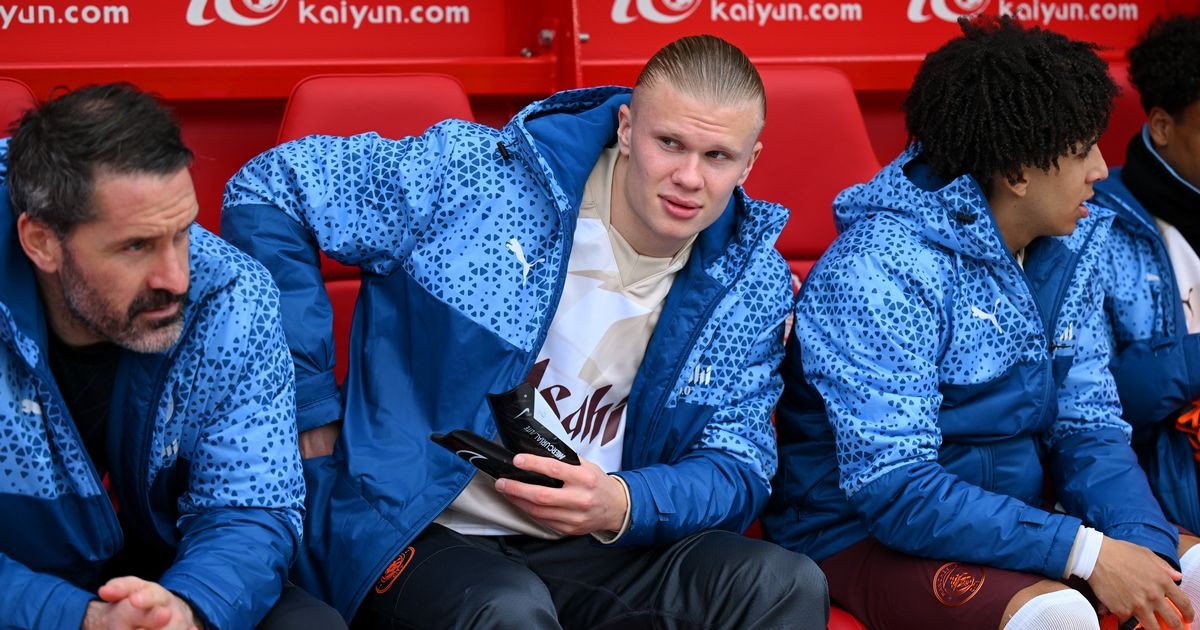

Liverpool and the other Premier League clubs this week voted in principle to introduce a new spending cap from the 2025/26 season.
The big change will see clubs in Europe restricted to spending a maximum of 70 per cent of their total revenue on their squad and can spend only a maximum of the multiple earned by the bottom club in TV revenue. It is believed the anchoring multiple will be set at 4.5.
Based on figures for last season, bottom-ranked Southampton earned PS103.6m. This would mean PS466m would be what sides are permitted to spend on wages, amortised transfer fees and agent fees - based on this example
Commenting on whether such alternations are likely to be a good or bad thing, three Reds have shared their views as part of a weekly ECHO fan column.
Andrew Cullen (Widnes, @brothersred5) - Spending cap could increase competition in the league
Liverpool will feel battered and bruised after a dreary and disappointing two weeks. Though, the team's performance will be considered an overachievement once the dust of the season has settled.
Liverpool are now making their first steps down an unknown path which bends into the undergrowth. Michael Edwards' return should inspire some confidence; given his record, most fans would be content to let him be the club's guide. There will be much less confidence in the likely new manager.
Arne Slot's stats may not look out of place, but such stats should not belie the fact that he has not achieved any success in Europe's big leagues. His recent interview disclosing details of the discussions between the clubs also raises an eyebrow.
The Premier League's future is also uncertain. It was interesting to see that most of the Premier League clubs have agreed to a spending cap (with some notable exceptions). If spending caps increase competition, this will foster an exciting, enterprising league. Incidentally, it would also be nice to curb the nauseous, gruesome splurge of money which continues to shake the very founding foundations of football.
David Shams (Beijing, @ShamsWriter) - Still not sold on proposed changes
Initially, I had mixed feelings about the newly-proposed Premier League spending rules.
On the one hand, they could create a more even playing field. Wages, as we know from plenty of studies, have a direct relationship with success on pitch. The more teams pay players, the more likely they are to finish higher up the table. The current edition of Chelsea is an outlier.
However, the current regulations have shown a bias, swiftly penalising lower-ranked teams for their transgressions while higher-ranked teams with more significant violations often manage to escape. This pattern should be a cause for concern for fans of all teams, not just the underdogs.
While I don't advocate for harsh policies that punish teams without due process, it's crucial that violations are swiftly and fairly adjudicated. This can only be achieved with clearly defined rules. Until then, it's hard to remain optimistic about the proposed changes.
Because, as far as I can tell, the proposed Byzantine-like regulations are likely to leave plenty of room for teams willing and able to manipulate the financial stats to do exactly that, which leaves us in the same spot we are today.
James Noble (Worcestershire, @james_noble98) - Anchoring provides the conditions for Liverpool to thrive
I'm no financier but, from my understanding, the proposed Premier League spending cap - which still has several hurdles to overcome before a possible 2025/26 introduction - comes across as a development that could be good for Liverpool, for the division and, perhaps, for football more broadly.
With the 'anchoring' of clubs' squad investments to a multiple (currently set to be five) of what the lowest earners from the 20 sides acquire from the league's centralised broadcast deals potentially acting as a backstop to squad-cost rules, which are linked to each club's revenues, there ought to be less room for any attempts to manipulate spending capacity. There'll also be reduced scope for irresponsibly excessive spending.
Having taken a largely sustainable, targeted and efficient approach to squad building over the last decade or so, and with a data-led approach likely to come to the fore again in the coming months and years, the Reds feel well-placed to thrive within such a context. Actions, of course, will speak louder than words on that front.
